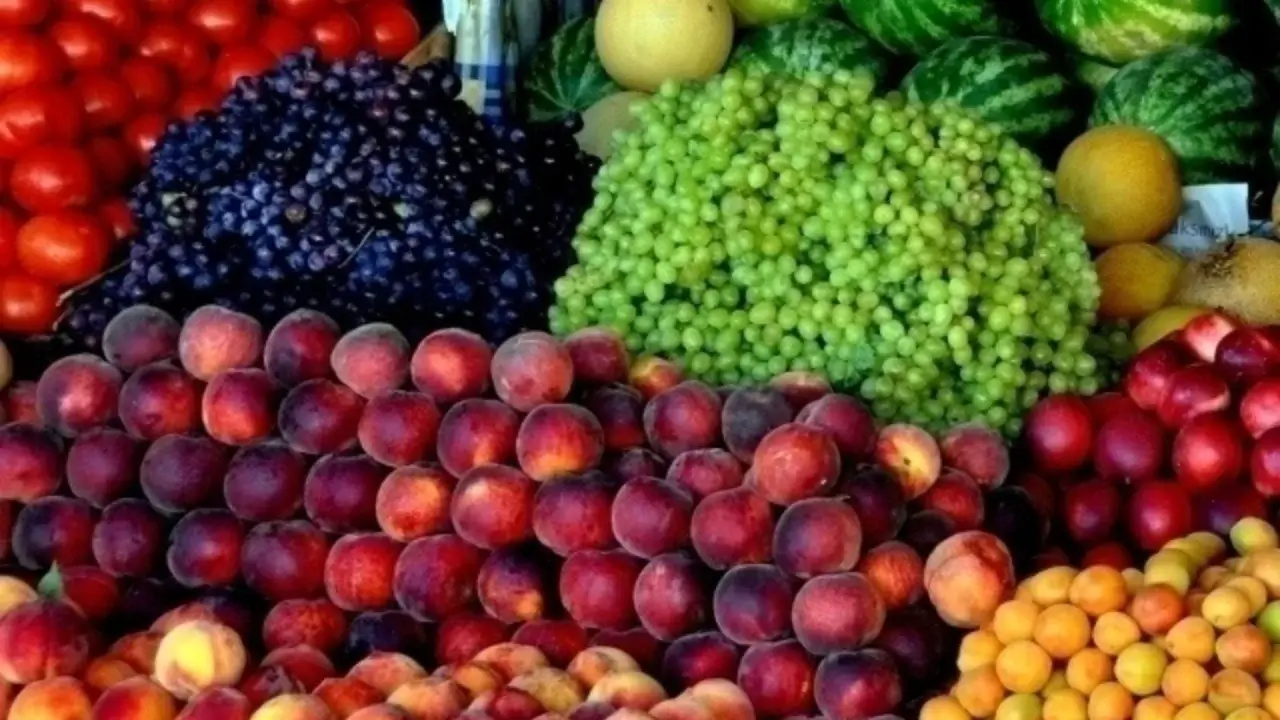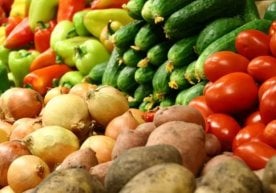Uzbek fruits and vegetables can be exported to the Egyptian market

Now, fresh apricots, plums, and peaches, as well as unpeeled nuts and almonds grown in Uzbekistan, can be exported to Egypt.
The agency has conducted successful negotiations with the Egyptian side and obtained phytosanitary permits for the export of these products. Products that pass special phytosanitary control will be checked for quarantine compliance before being shipped to Egypt, and once confirmed to be free from pests, an official phytosanitary permit will be issued. This process requires the issuance of a phytosanitary certificate for each shipment in accordance with international standards ISPM No. 7 and ISPM No. 12.
Obtaining phytosanitary permits for Egypt will open up opportunities for Uzbekistan to expand its export geography and enter markets in the Middle East and Africa. This will also create an opportunity to extend the seasonal sales period for agricultural products. Furthermore, this development provides new business opportunities for farmers and exporters in Uzbekistan.
It is worth noting that Egypt is one of the largest consumer markets in Africa and the Middle East. With a population of over 110 million people, the country imports hundreds of thousands of tons of fresh products every year. To date, Uzbekistan has received phytosanitary permits for the export of 25 types of products to Egypt.
This new opportunity is of great importance to Uzbekistan’s agricultural sector, further promoting the country’s foreign trade and increasing its competitiveness in the agricultural industry.
Read “Zamin” on Telegram!
















